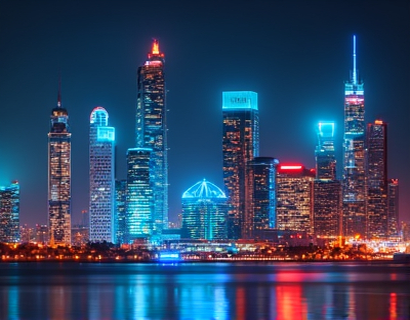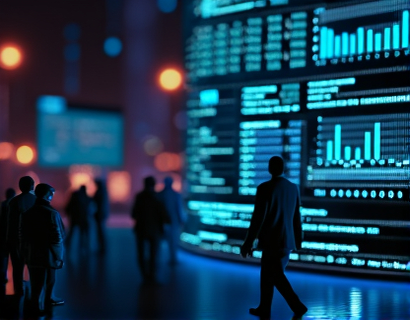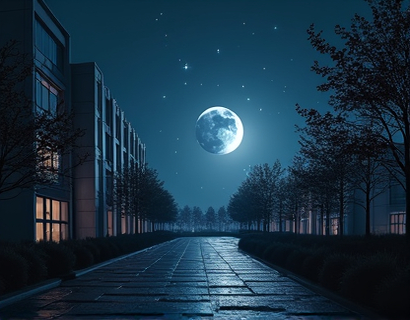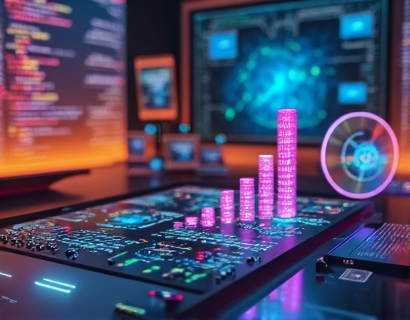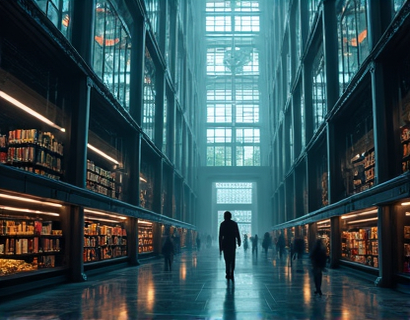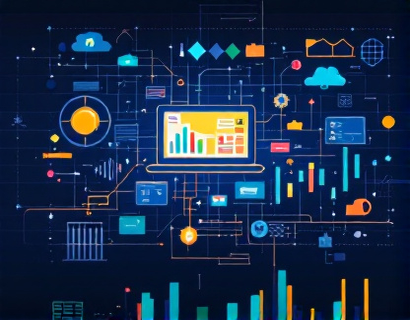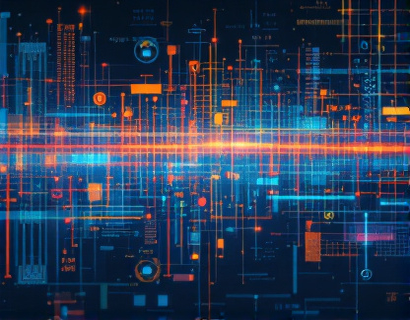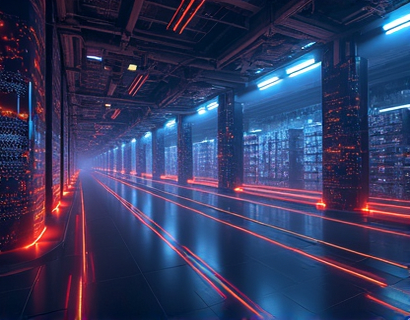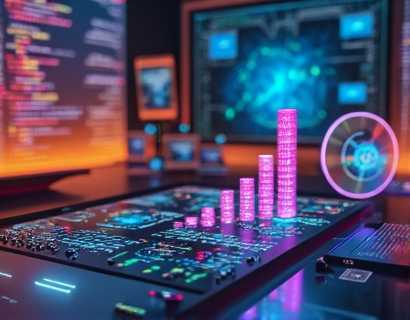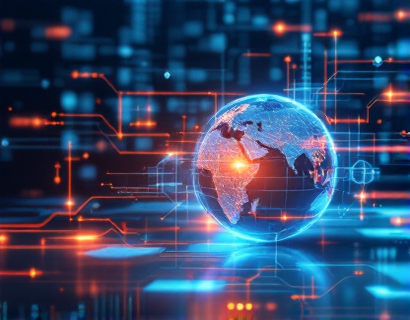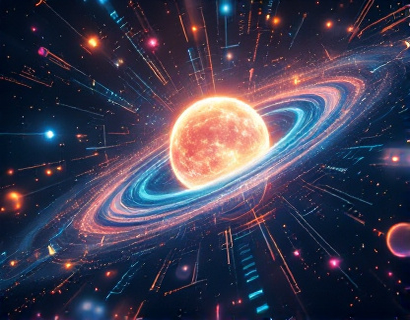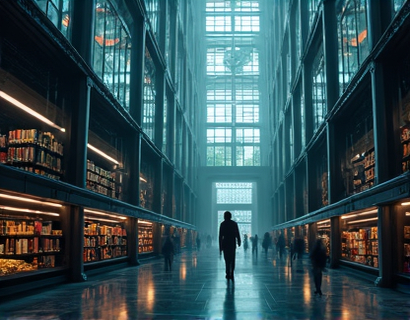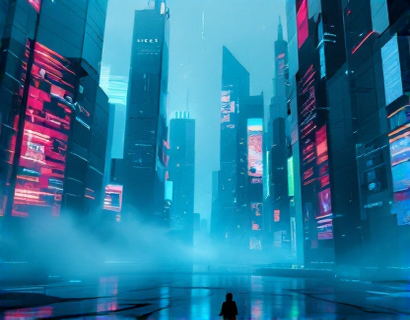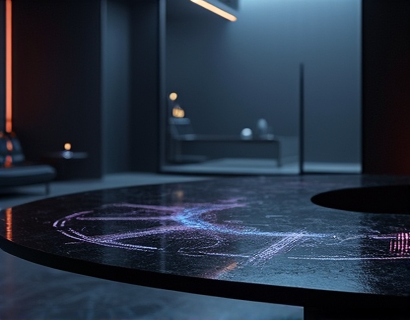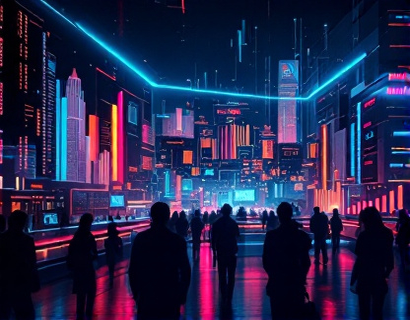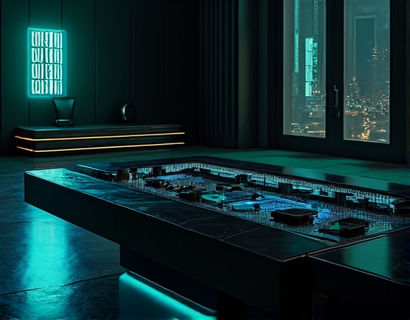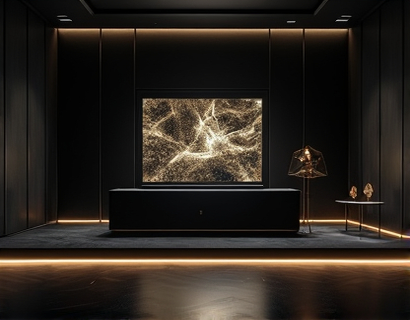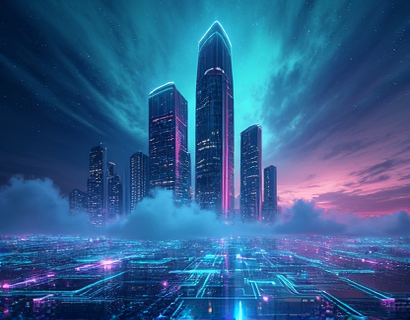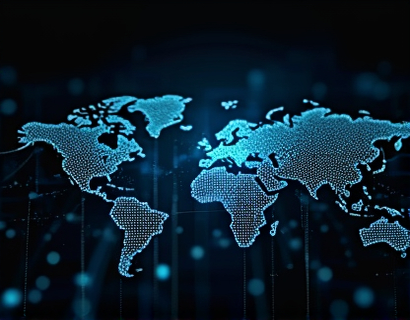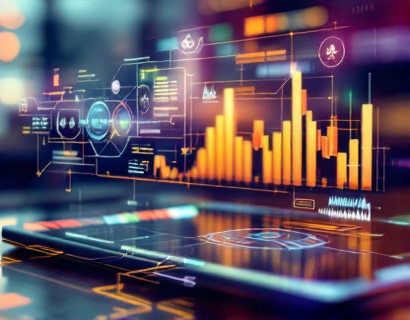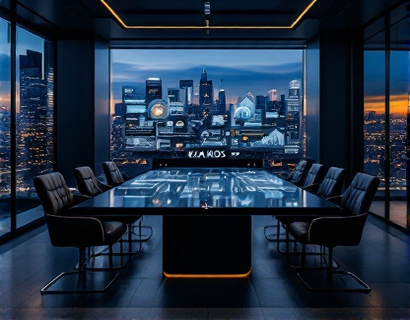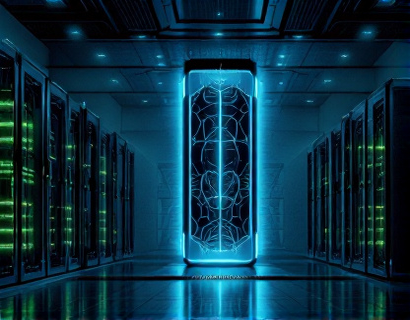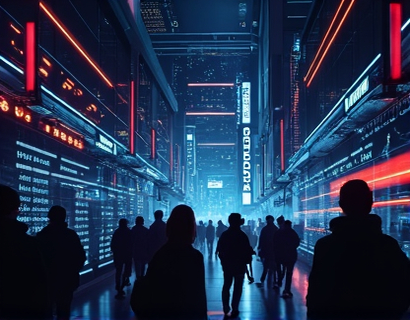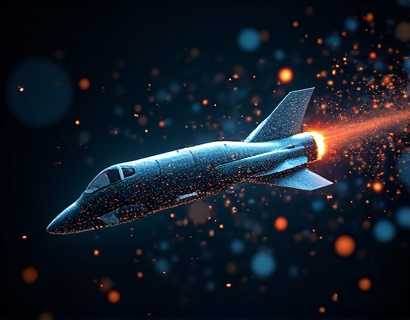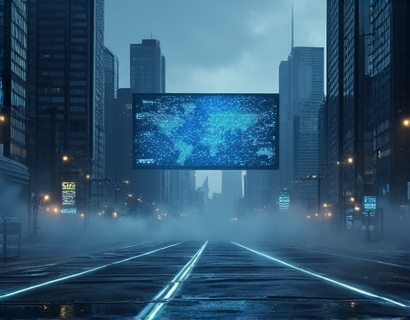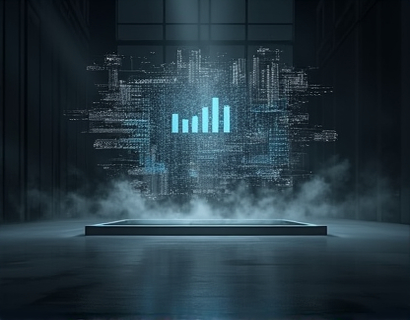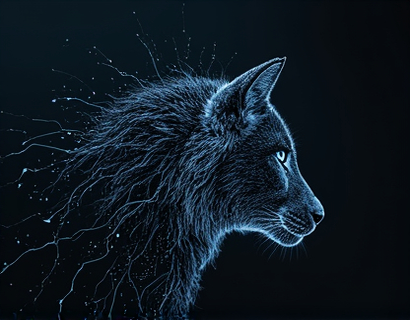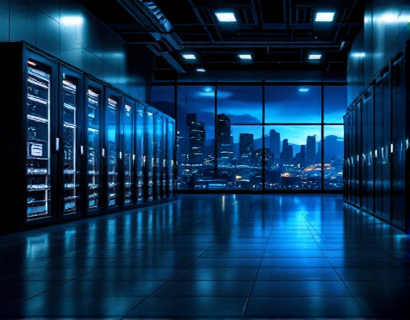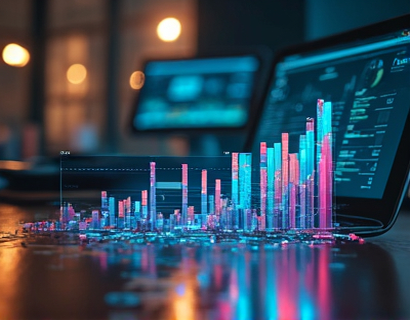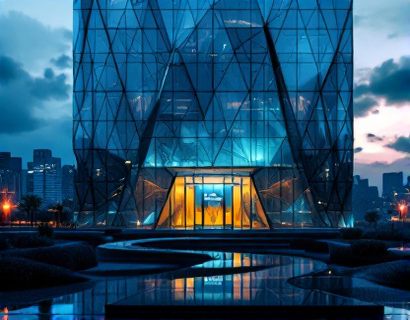AI-Driven Creativity Transformation: Elevating Film, Music, and Gaming Production with Advanced Technology Solutions
The entertainment industry is undergoing a profound transformation driven by artificial intelligence (AI) technology. This revolution is not just about automating tasks but about elevating the very core of creativity in film, music, and gaming production. AI is providing professionals with advanced tools that enhance creative processes, optimize production workflows, and streamline project management. This article delves into how AI is reshaping these industries, offering insights and examples that highlight the potential for unparalleled success and the setting of new industry standards.
Enhancing Creativity in Film Production
In the realm of film production, AI is opening new avenues for creative expression. One of the most significant impacts is in the pre-production phase, where AI algorithms can analyze vast amounts of data to suggest optimal shooting locations, lighting setups, and even script revisions. For instance, AI can process historical data from successful films to identify patterns that contribute to audience engagement, helping directors and writers make informed decisions.
During production, AI-powered tools can assist in real-time decision-making. Computer vision algorithms can monitor shooting conditions and suggest adjustments to camera angles or lighting to achieve the desired visual effect. This not only saves time but also ensures consistency across shots. Additionally, AI can automate the editing process by analyzing scenes and suggesting cuts that enhance the narrative flow, reducing the workload on editors and allowing them to focus on more creative aspects of their job.
Optimizing Music Production
The music industry is equally benefiting from AI advancements. In music production, AI algorithms can compose original music tracks, generate beats, and even create entire albums. These tools are not meant to replace human musicians but to augment their creativity. For example, AI can analyze a musician's style and generate complementary elements, such as harmonies or bass lines, that align with their artistic vision.
AI is also revolutionizing the post-production process in music. Automated mixing and mastering tools use machine learning to optimize audio levels, equalization, and compression, ensuring a professional sound with minimal manual intervention. This is particularly beneficial for independent artists and small production houses that may not have access to expensive studio equipment or expert engineers.
Transforming Gaming Development
In gaming, AI is transforming both the development and player experience. During the development phase, AI can assist in creating more realistic and dynamic game environments. Procedural generation algorithms powered by AI can create vast, intricate worlds with minimal human input, saving time and resources. These algorithms can generate terrain, buildings, and even non-playable characters (NPCs) that behave realistically, enhancing the immersion of the game.
AI is also enhancing the player experience through adaptive difficulty adjustment. By analyzing player behavior and performance, AI can dynamically adjust the game's difficulty to match the player's skill level, ensuring an engaging and challenging experience. Additionally, AI-driven NPCs can offer more nuanced and responsive interactions, making the game world feel more alive and interactive.
Streamlining Project Management
Beyond creative and production aspects, AI is significantly impacting project management in these industries. AI-powered project management tools can predict potential bottlenecks and suggest solutions to keep projects on track. These tools analyze historical data and current project metrics to forecast timelines, resource allocation, and budget requirements with high accuracy.
Collaboration is another area where AI shines. AI-driven communication platforms can analyze team interactions and provide insights to improve collaboration and productivity. For example, these platforms can identify communication gaps and suggest optimal meeting times based on team members' availability and productivity patterns.
Case Studies and Real-World Applications
Several notable projects across film, music, and gaming have already demonstrated the power of AI. In film, the use of AI in visual effects has been pivotal. For instance, the movie "Blade Runner 2049" utilized AI to enhance its breathtaking cityscapes and intricate details, achieving a level of realism that would have been impossible with traditional methods.
In music, artists like Daft Punk have collaborated with AI tools to create innovative sounds and compositions. The album "Random Access Memories" features tracks where AI algorithms generated musical elements that were then refined by the human artists, resulting in a unique blend of human creativity and machine precision.
In gaming, games like "No Man's Sky" use AI to generate procedural content, creating a universe with over 18 quintillion unique planets. This not only provides an almost infinite exploration experience but also reduces the development time and resources required to create such a vast world.
Challenges and Ethical Considerations
While the integration of AI in creative industries offers numerous benefits, it also presents challenges and ethical considerations. One major concern is the potential displacement of human workers. However, rather than replacing jobs, AI is more likely to transform them, creating new roles that focus on overseeing and enhancing AI-driven processes.
Another ethical issue is the ownership of AI-generated content. Questions arise about who owns the rights to music, art, or code created by AI. Legal frameworks are still evolving to address these issues, but it is crucial for the industry to establish clear guidelines to ensure fair and ethical use of AI technology.
Future Prospects and Innovations
The future of AI in the entertainment industry looks promising, with ongoing research and development pushing the boundaries of what is possible. One exciting area is the integration of AI with virtual and augmented reality (VR/AR) to create immersive experiences that blur the line between the digital and physical worlds. In film, AI could enable real-time rendering of VR scenes, allowing for interactive storytelling that adapts to the viewer's choices.
In music, AI could facilitate real-time collaboration between artists across the globe, composing and performing together in virtual spaces. Gaming could see the rise of AI-driven characters with emotional intelligence, capable of forming deep connections with players, enhancing the emotional impact of the game.
Moreover, the combination of AI with other emerging technologies like blockchain could revolutionize content distribution and monetization. Blockchain can ensure transparent and secure transactions, while AI can optimize content delivery and personalization, creating a more efficient and equitable ecosystem for creators and consumers alike.
In conclusion, AI is not just a tool but a transformative force in the entertainment industry. It is elevating creativity, optimizing production processes, and enhancing the overall quality of film, music, and gaming productions. As the technology continues to evolve, the potential for innovation and success in these industries is bound to grow, setting new standards and redefining what is possible.



